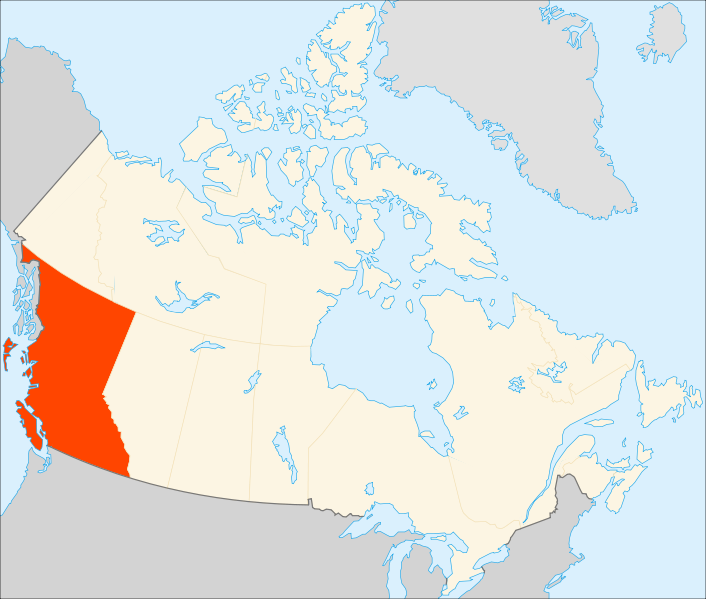The Public Health Agency’s National Microbiology Laboratory has confirmed to the BC Centre for Disease Control that a BC resident who had recently traveled to El Salvador has contracted Zika virus.

Image/EOZyo
The Zika virus is spread to people through mosquito bites, but mosquitoes known to transmit the virus to humans are not present in Canada.
Only one in four people infected with Zika virus are believed to develop symptoms. These include: low-grade fever, joint pain, red eyes, rash and generalized symptoms such as muscle pain, physical weakness, lack of energy and headaches.
The incubation period of Zika virus ranges from 3 to 12 days. The disease symptoms are usually mild and last for 2 to 7 days. Most people recover fully without severe complications, and hospitalization rates are low. Zika virus infection may go unrecognized or be misdiagnosed as dengue, chikungunya or other viral infections causing fever and rash.
Currently, there is no prophylaxis, vaccine or treatment for Zika virus. Treatment is generally limited to symptom relief.
Zika virus has been reported in Africa and parts of Asia since the 1950s, and in the southwestern Pacific Ocean in 2007. In 2015, Zika virus emerged in South America with widespread outbreaks reported in Brazil and Colombia. As of January 5, 2016, locally acquired cases have been reported in Brazil, Chile (Easter Island), Colombia, El Salvador, French Guyana, Guatemala, Honduras, Martinique, Mexico, Panama, Paraguay, Puerto Rico, Suriname and Venezuela.
In November 2015, a Brazilian investigation indicated an average twenty-fold increase in the incidence of microcephaly (abnormally small head) among newborns born in areas where Zika virus was known to be in circulation. Although there is mounting evidence to warrant concern, the investigation is ongoing to confirm whether Zika virus may be the cause of these microcephaly cases.
Related:


2 thoughts on “Imported Zika infection reported in British Columbia”